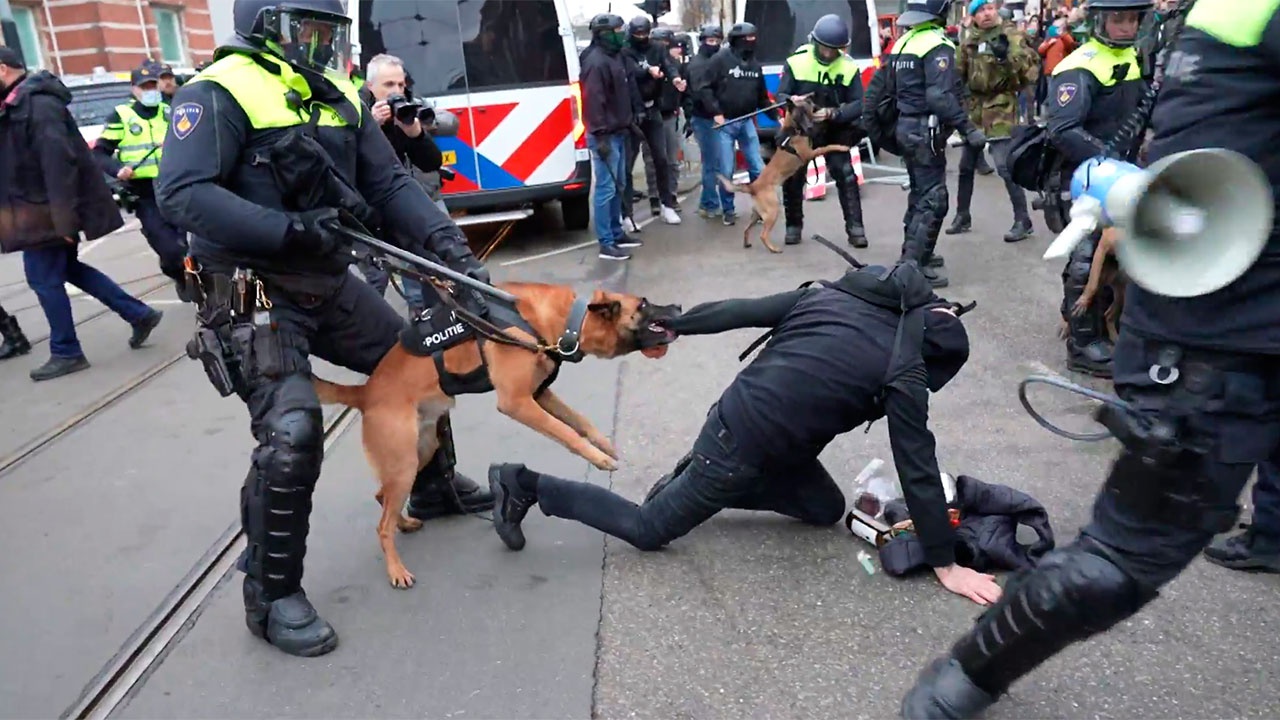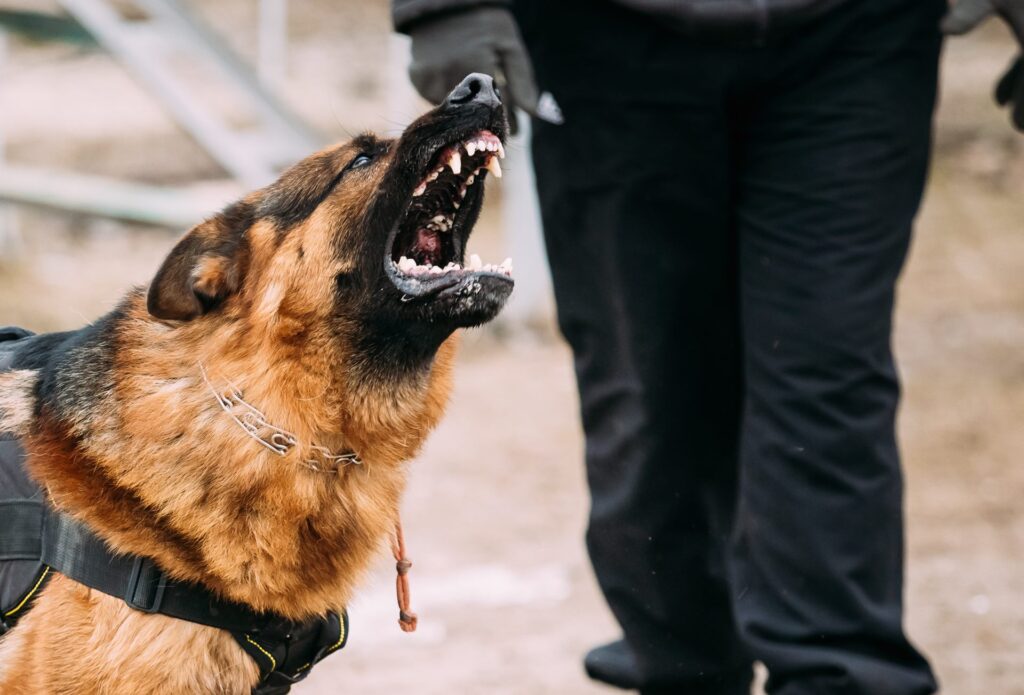Being bitten by a police dog can be a traumatic experience, especially if the bite results in physical injury or emotional distress. While law enforcement agencies rely on police dogs for a variety of tasks, including apprehending suspects, detecting drugs, and maintaining public safety, there are situations where individuals are bitten inappropriately or unnecessarily. In such cases, understanding your legal rights and options is crucial.
Why Police Dogs Are Used
Police dogs, often referred to as K9s, play a vital role in law enforcement. These highly trained animals assist officers in many aspects of policing, including:
- Apprehending Suspects: Police dogs are often used to apprehend fleeing suspects. Their speed, strength, and superior sense of smell make them invaluable for tracking and capturing criminals.
- Detection of Drugs and Explosives: Many police dogs are trained to detect illegal substances such as drugs and explosives, making them essential in preventing criminal activity.
- Search and Rescue: K9s also aid in locating missing persons, such as in search-and-rescue missions after natural disasters or during criminal investigations.
Despite their many advantages, police dogs can be unpredictable, especially if a suspect resists arrest or tries to flee. In some cases, this can result in an individual being bitten by a police dog.
When Is It Justified for a Police Dog to Bite?
Police dogs are often deployed in high-risk situations where a suspect poses an imminent threat to the safety of officers or the public. However, there are strict guidelines about when it is legally justified for a dog to be used in this manner.
A dog bite may be justified under the following circumstances:
- Probable Cause or Reasonable Suspicion: Law enforcement officers must have probable cause to believe that the suspect has committed a crime, or reasonable suspicion that the suspect is a danger to public safety.
- Resisting Arrest: If a suspect attempts to flee or violently resist arrest, the dog may be released to help apprehend them.
- Imminent Threat: If the suspect poses an immediate threat of harm to law enforcement officers or civilians, the use of a police dog may be deemed necessary for protection.
However, a police dog bite can be considered excessive or unlawful if these conditions are not met, leading to potential legal consequences for the officers or the department involved.
What Are Your Legal Rights After Being Bitten by a Police Dog?
If you’ve been bitten by a police dog, it’s important to understand your legal rights and take appropriate steps to protect yourself. Below are some key aspects to consider:
- Immediate Medical Attention: The first and foremost concern after being bitten is ensuring that you receive immediate medical care. Police dog bites can cause serious injuries, including deep puncture wounds, tissue damage, and potential infections. Seek medical attention as soon as possible.
- Document the Incident: If you are able, document the circumstances surrounding the bite. This includes noting the behavior of the police dog and the officers involved. If there were witnesses, try to gather their contact information, as they can provide valuable testimony if you decide to pursue legal action.
- File a Complaint with the Police Department: Most police departments have a formal complaint process for addressing issues with the use of force, including incidents involving police dogs. Filing a complaint can initiate an internal investigation into the actions of the officers and whether the use of the dog was justified.
- Determine If the Bite Was Excessive: In some cases, police dog bites may be excessive or even illegal if the officer’s actions were deemed unreasonable. If the bite occurred in a situation where the individual was not resisting arrest or posing a threat, the use of the dog could be considered excessive force.
- Legal Recourse: Civil Lawsuits for Excessive Force: If the bite was unlawful, you may be able to pursue a civil lawsuit against the police department or the officers involved. Claims could involve excessive use of force, negligence, or violations of civil rights. It’s advisable to consult with a personal injury attorney or civil rights lawyer to evaluate your case and understand your options.
- Statute of Limitations: Be aware that there are time limits (statutes of limitations) within which you must file a lawsuit. These can vary depending on the jurisdiction, so it’s essential to act promptly if you believe your rights were violated.
What Should You Do if You Are a Victim of Police Dog Bites?

If you or a loved one has been bitten by a police dog, here are some steps you should follow:
- Seek Medical Treatment Immediately: Get medical attention as quickly as possible, even if the injury seems minor. Police dog bites can become infected, so it’s crucial to have a healthcare professional assess the damage.
- Get Legal Advice: Contact an attorney who specializes in personal injury, civil rights, or police misconduct. They can help determine whether the police dog’s use was justified and what legal action, if any, can be taken.
- File a Complaint with the Police Department: You may want to file a formal complaint with the police department that deployed the dog. This can prompt an internal investigation, which could lead to disciplinary action against the officer or the department if improper conduct is found.
- Gather Evidence: Try to gather evidence from the scene, such as photographs of the injury, video footage, and contact information from any witnesses. This evidence can be crucial in building a case if you decide to pursue legal action.
Conclusion: Police Dog Bites and Accountability
Police dog bites are an unfortunate but sometimes necessary part of law enforcement. However, when these bites occur under questionable circumstances, it’s important for victims to know their rights and take the necessary steps to hold law enforcement accountable. Whether through filing complaints, seeking medical attention, or pursuing legal action, individuals who are bitten by police dogs have options available to them for obtaining justice.
If you or someone you know has been bitten by a police dog, it’s important to act swiftly, document everything, and consult with legal professionals who can guide you through the process. Accountability is key to ensuring that the use of police dogs remains within the bounds of the law and the protection of citizens’ rights.



